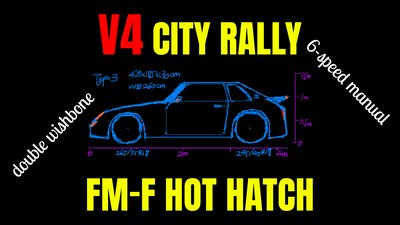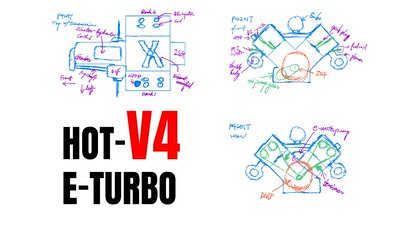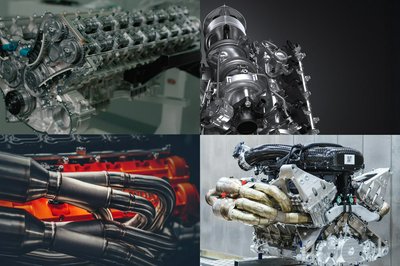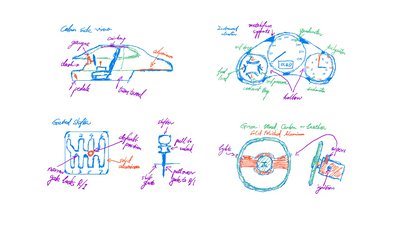techParis
The Coming Renaissance in Our Lifetime and Beyond
DrJLT argues that automation is set to unleash our creativity for a new Belle époque....
Published by Dr Jiulin Teng on 26 Feb 2020 · Updated on 25 Jul 2021
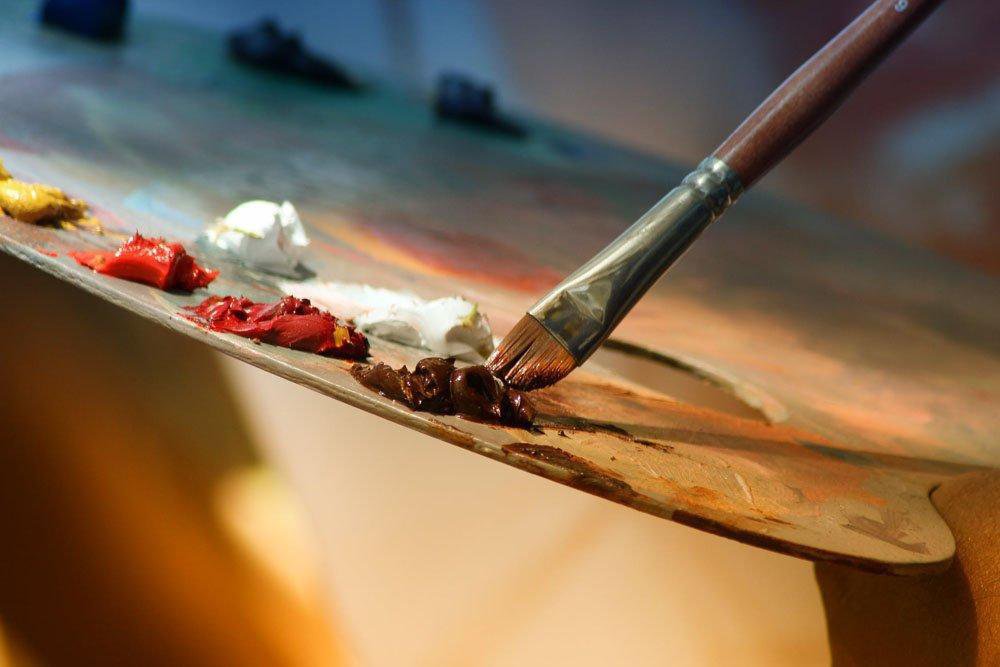
In the last century, the world of arts has diverged notably into two groups: popular arts that can be cheaply duplicated and disseminated to the public, and high arts that have become exceedingly exclusive. Popular artists become celebrities in this process, and their followers fans. It's an ever-more-profitable career path supported by a myriad of highly-successful profit-seeking corporations. In consuming such copious amount of popular arts, the general public have become simultaneously more and less creative: more creative because it is now easier to build on other people ideas as more ideas are delivered to us, yet less creative because our attention span has shrunk dramatically. This leads to an explosion of poorly-executed unoriginal works that underpins a generational deterioration in aesthetics.
At the other end of the spectrum, high artists are impoverished, as the exclusive clientele largely prefer works of deceased artists that have withstood decades if not centuries of critics. Paintings that were meant to be beautiful, decorative now can be interpreted to convey profound philosophical meaning even though we have no means to ask the artists what they wanted to convey. Meanwhile, artists still alive crave for their voices to be heard, but few manage to get much acclaim because their works haven't withstood the test of time (naturally). Perhaps this has always been the case, either because time, being the most invaluable concept, is the only worthy measure of an art piece's true merit, or because nobody really knows what they're talking about when it comes to high art.
In the coming decades, however, things may change dramatically thanks to automation. Most jobs can easily be automated. Agricultural and industrial sectors will hardly produce any employment. In the service sector, automation will also greatly reduce the number of office jobs. Wealth redistribution will be necessary as the percentage of our population without employment is likely to skyrocket. We as a society face a great opportunity disguised as a challenge: Where do we direct such unused manpower?
Arts and sciences, in my judgement, are the answer. Just like walking on two legs gave us hands. Freeing all the human ingenuity from much of production will bring our civilization to a new level unimaginable even a few decades ago.
It's too hard to say what science will bring, something out of this world I guess, perhaps literally. But for the arts, it'll be a new renaissance, a renaissance in our lifetime and beyond. On the one hand, people freed from their daily chores are likely to pay more attention to the quality of popular arts force-fed to them. On the other, more people will devote to high arts as their lives are supported by wealth redistribution, and perhaps in a time of abundance their works will not be as exclusive. Then again, maybe we'd be eating potato chips in the couch while watching reality shows, and high artists would be deprived of their sparkle. — I'm an optimist. Are you?
This article was originally published on my old site jlteng.com on 30 November 2017.
